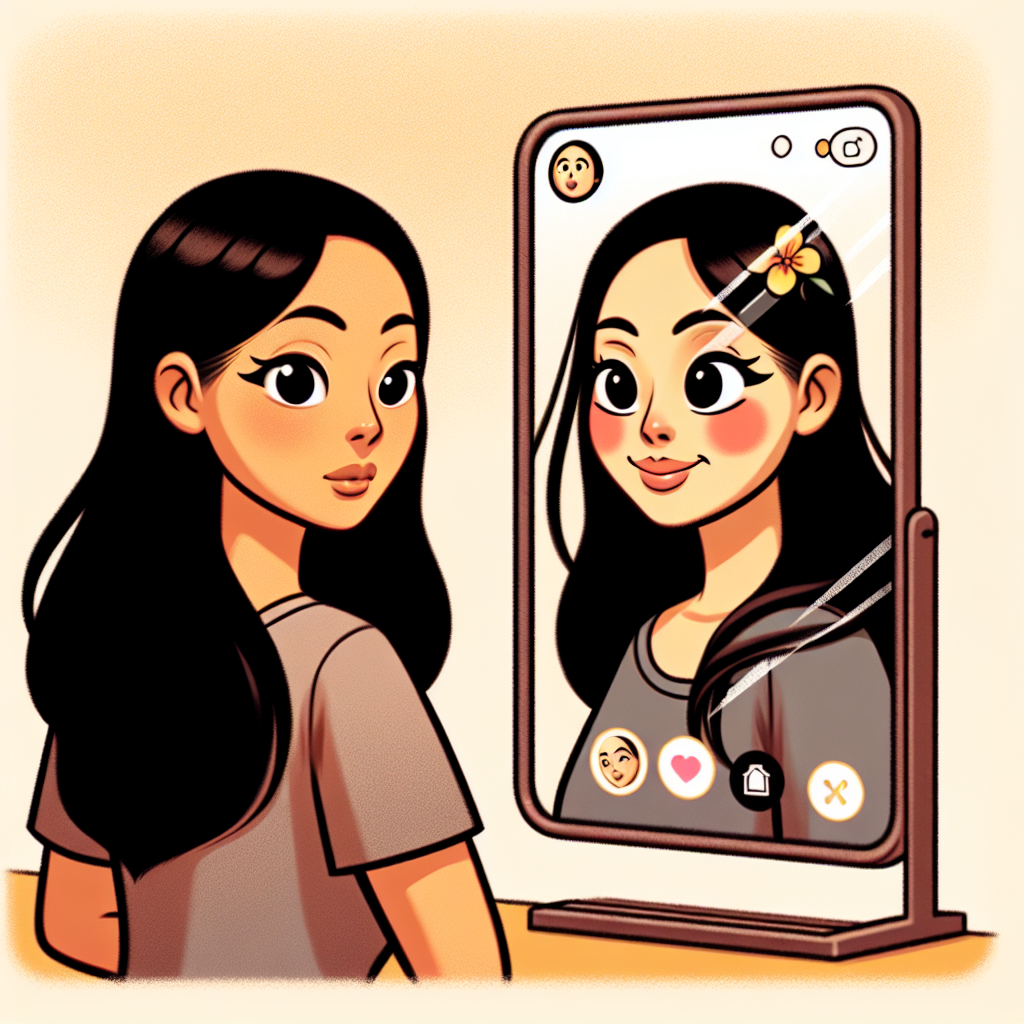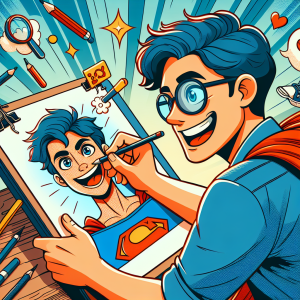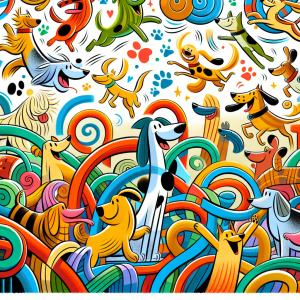Picture this: you’re scrolling through your favorite social media platform, and you come across a friend’s selfie with a cartoon face filter that makes them look like a cute puppy. You chuckle at how adorable they look and maybe even try the filter yourself. But have you ever stopped to think about how these filters are affecting the way we perceive ourselves and others?
Cartoon face filters have become a popular trend in recent years, with apps like Snapchat and Instagram offering a wide range of filters that can turn a regular selfie into a cartoon version of yourself or transform you into a cute animal. These filters are fun, playful, and often make people look more attractive or entertaining. But could they also be influencing our self-image and the way we view beauty standards?
The Rise of Cartoon Face Filters
Cartoon face filters first gained popularity on Snapchat in 2015 with the introduction of Lenses, which allowed users to overlay animated effects onto their selfies. These filters quickly became a hit among users for their fun and interactive nature, leading to the rise of several other social media platforms offering similar features.
From puppy ears and rainbow vomit to glamourous sparkles and flawless skin, there is a filter for every mood and occasion. And with the rise of augmented reality technology, these filters have only become more advanced and realistic over time.
The Impact on Self-Perception
While cartoon face filters may seem like harmless fun, some experts argue that they could be contributing to unrealistic beauty standards and altering our perception of ourselves. Filters that smooth out skin, enlarge eyes, or slim down faces can create an idealized version of beauty that is unattainable in real life.
When we constantly see ourselves through the lens of a cartoon filter, it can distort our self-image and make us feel dissatisfied with our natural appearance. This can lead to feelings of insecurity, low self-esteem, and a desire to look more like the filtered version of ourselves.
Are Filters Changing the Way We Interact?
In addition to influencing our self-perception, cartoon face filters are also changing the way we interact with others online. People are more likely to engage with posts that feature filters, as they are often more eye-catching and entertaining than regular selfies.
Filters can also create a sense of distance and anonymity between users, as the cartoon version of ourselves may not accurately reflect who we are in real life. This can make it easier to present a curated version of ourselves online, leading to a disconnect between our virtual and true identities.
What Can We Do?
While the rise of cartoon face filters may have some negative effects on our self-perception and social interactions, there are steps we can take to mitigate their impact. Here are a few tips to keep in mind:
- Limit your use of filters and try to embrace your natural appearance.
- Remember that social media is a curated version of reality and not a true reflection of who we are.
- Be mindful of how filters may be influencing your self-esteem and seek professional help if needed.
Ultimately, cartoon face filters are here to stay, and they can be a fun and creative way to spice up your selfies. Just remember to use them in moderation and not let them dictate how you see yourself or others.
FAQs
Are cartoon face filters damaging to our self-esteem?
While cartoon face filters can contribute to unrealistic beauty standards and alter our self-perception, they are not inherently damaging to our self-esteem. It’s essential to be mindful of how filters may be influencing your self-image and take steps to mitigate their impact.
Can cartoon face filters be fun and harmless?
Yes, cartoon face filters can be fun and harmless when used in moderation. They can add a playful element to selfies and help users express themselves creatively. The key is to not rely on filters to define your self-worth or appearance.
Do cartoon face filters affect the way we interact with others online?
Cartoon face filters can influence the way we interact with others online by making posts more engaging and entertaining. However, they can also create a sense of distance and anonymity between users, leading to a disconnect between our virtual and true identities.
Overall, cartoon face filters have become a staple in the world of social media, offering users a fun and creative way to enhance their selfies. While they may have some drawbacks, being aware of their potential impact and using them mindfully can help us navigate the digital landscape with confidence and authenticity.








+ There are no comments
Add yours